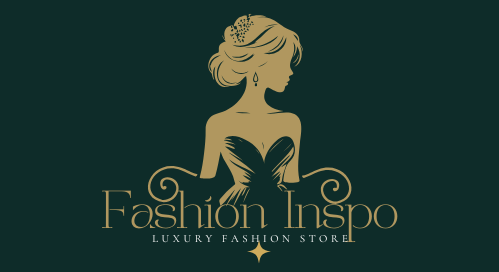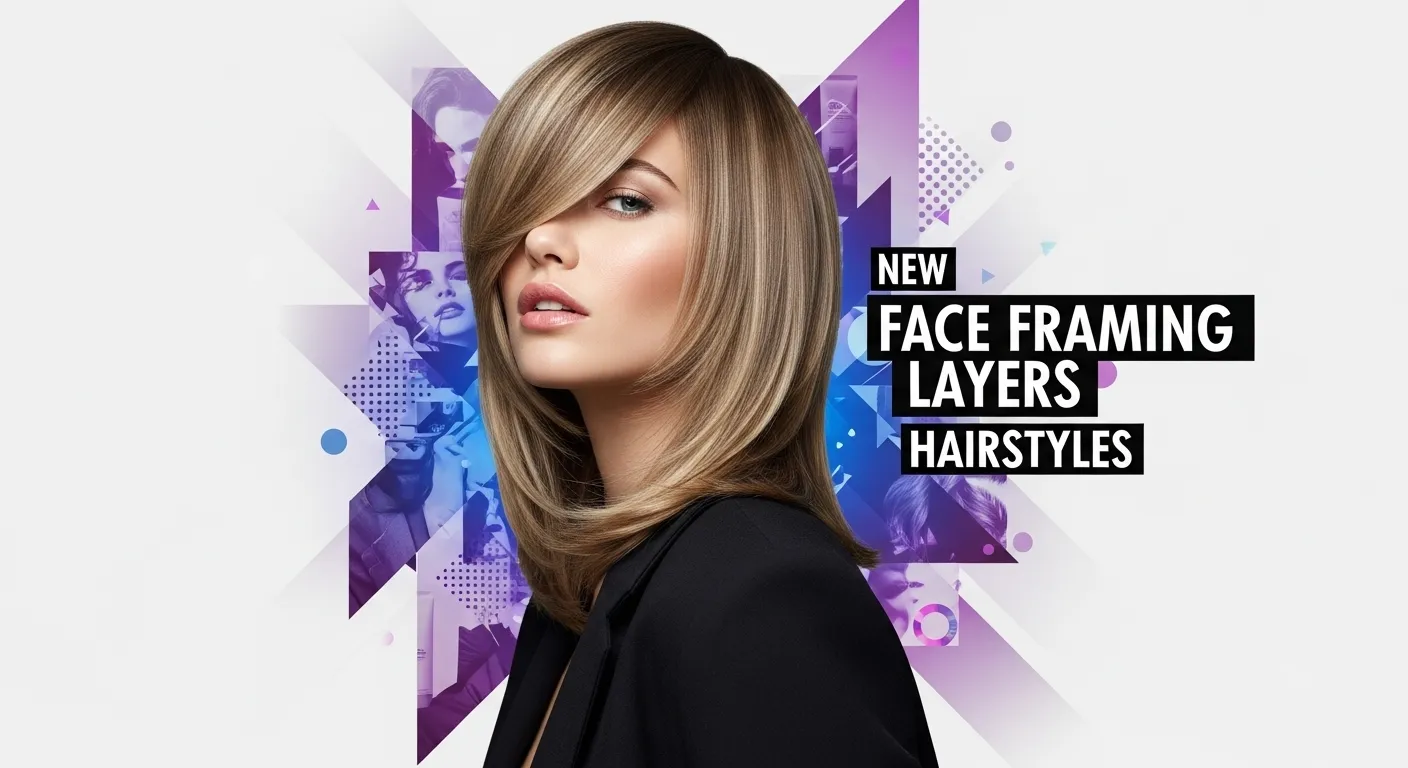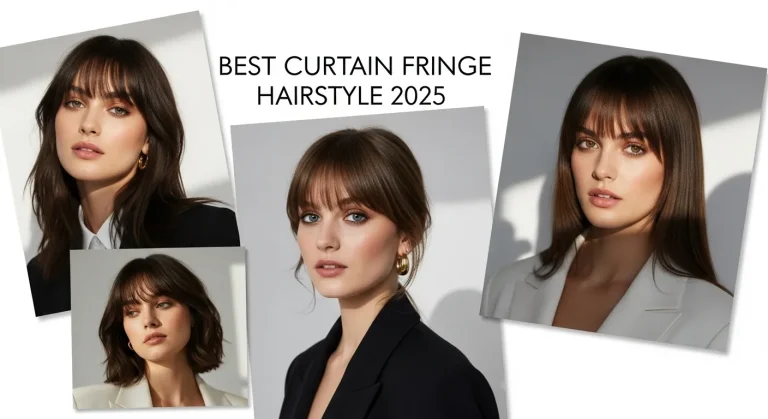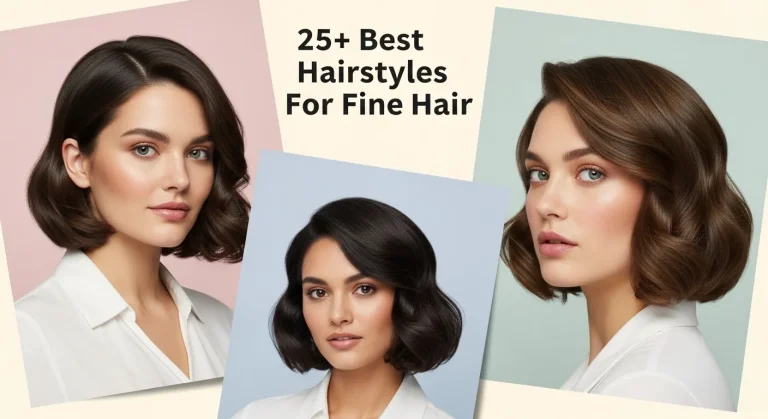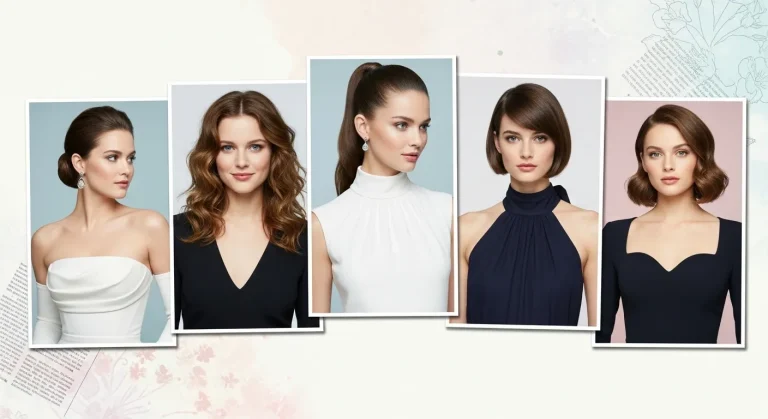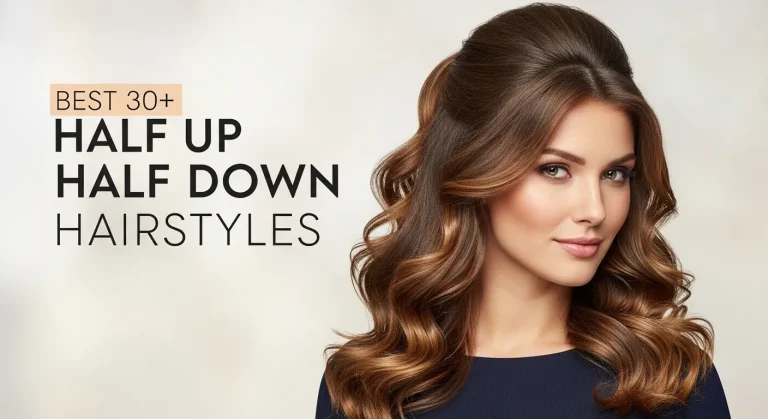The Ultimate Guide to Face Framing Layers Hairstyles in 2025
Face framing layers are a popular hairstyling technique that can transform your look by adding depth, movement, and a personalized touch to your haircut. Whether you’re looking to enhance your natural beauty or try a new style, these layers offer a versatile solution that complements various face shapes and hair types.
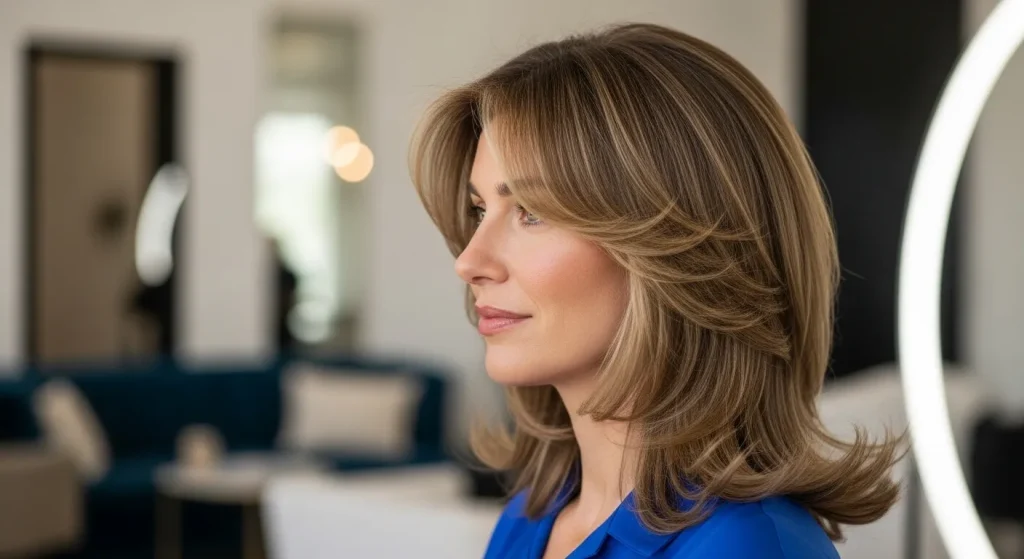
In this guide, we’ll explore everything you need to know about face framing layers, from what they are to how to maintain them.
What Are Face Framing Layers?
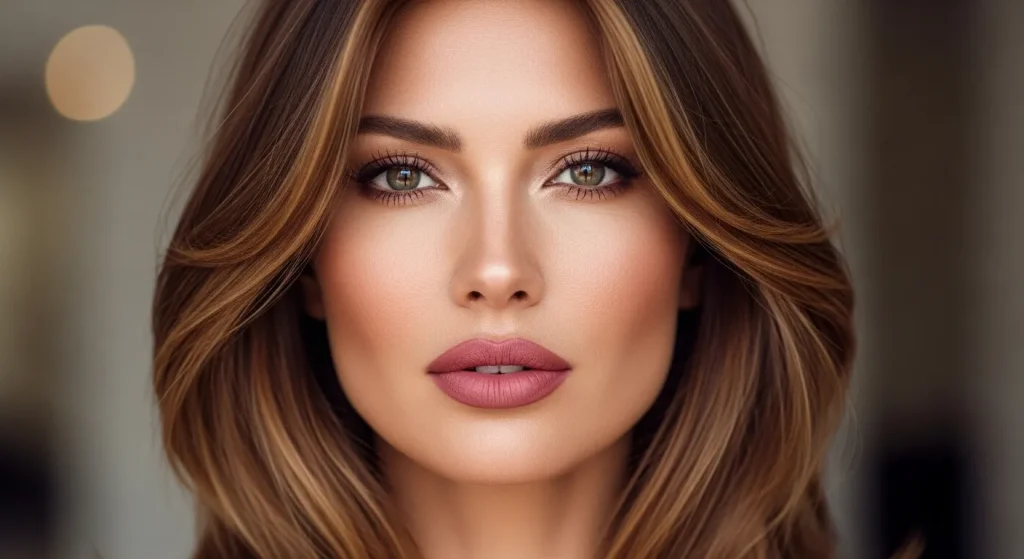
Face framing layers are a hairstyling technique where layers are cut around the face to create a soft frame that enhances your features. These layers can be subtle or dramatic, depending on your preference and hairstyle. The goal is to draw attention to your face while adding movement and texture to your hair.
How Do Face Framing Layers Work?
Face framing layers are crafted by cutting hair around the jawline, cheeks, and temples. These layers can start at various points, such as the jawline, ear level, or even the eyebrows, depending on the desired effect. Typically lighter around the face, they create a soft, natural look that complements your facial structure.
Benefits of Face Framing Layers

- Enhancing facial features – They highlight your eyes, cheekbones, and jawline.
- Adding movement and texture – Layers bring life and flow to your hairstyle.
- Customization – Can be tailored to your face shape, hair type, and style.
How Face Framing Layers Complement Different Face Shapes
Oval Face Shape
Oval faces are versatile and balanced. Face framing layers starting at the jawline or slightly below enhance this natural harmony. Subtle layers around the temples add softness without overpowering features.
Round Face Shape
Round faces benefit from layers that create angles and length. Layers starting at the temples and angling downward elongate the face for a slimmer appearance. Avoid excessive volume on top, which can emphasize roundness.
Square Face Shape
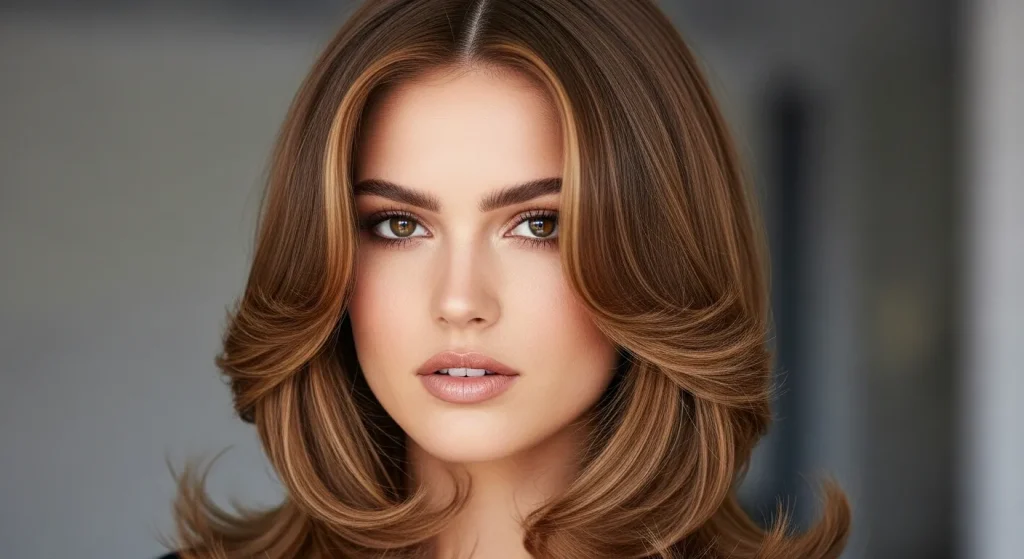
Square faces with strong jawlines look great with soft, blended layers. Starting at the temples and blending into the jawline softens angles and balances features. Avoid sharp cuts that exaggerate the squareness.
Heart Shaped Face
With a broad forehead and narrow chin, heart-shaped faces shine with layers starting at the jawline. These add fullness near the chin and balance the wider upper face. Subtle temple layers soften the forehead area.
Long Face Shape
Long faces benefit from width-enhancing layers. Starting at the temples and curving around the jawline breaks up length and adds balance. Avoid layers starting too high, as they elongate the face further.
How Face Framing Layers Work with Different Hair Types
Straight Hair
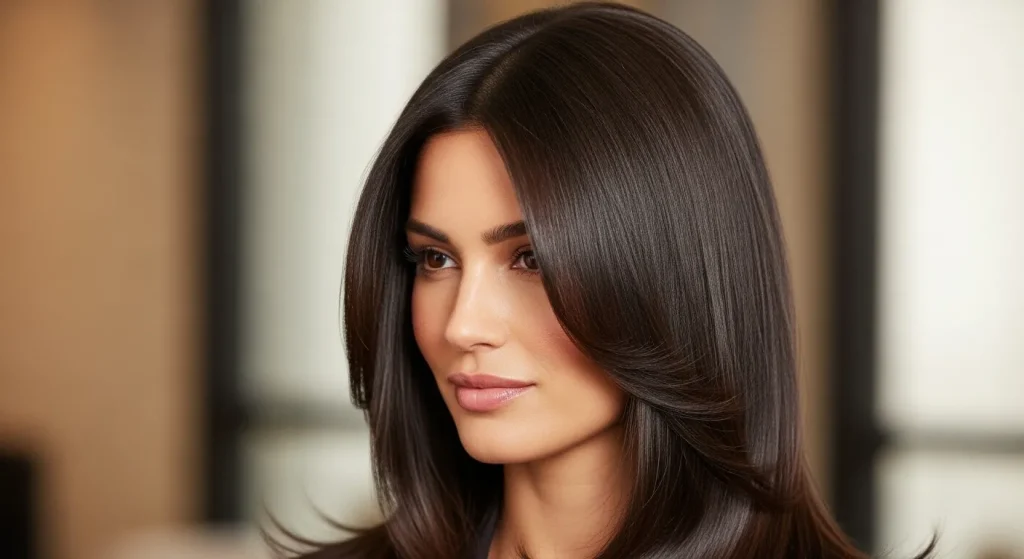
Straight hair gains softness and texture with subtle face framing layers. For drama, longer layers framing the face create a flowing effect.
Wavy Hair
Layers enhance natural waves, blending at the temples for a cohesive, flowing style. They also reduce frizz by letting waves move freely.
Curly Hair
Curly hair thrives with layers that highlight bounce and reduce bulk. Starting at the temples or jawline, layers frame the curls without overwhelming the face.
Fine Hair
Subtle layers add volume and light movement without thinning fine hair. Avoid too many layers, as they can make hair appear sparse.
Thick Hair
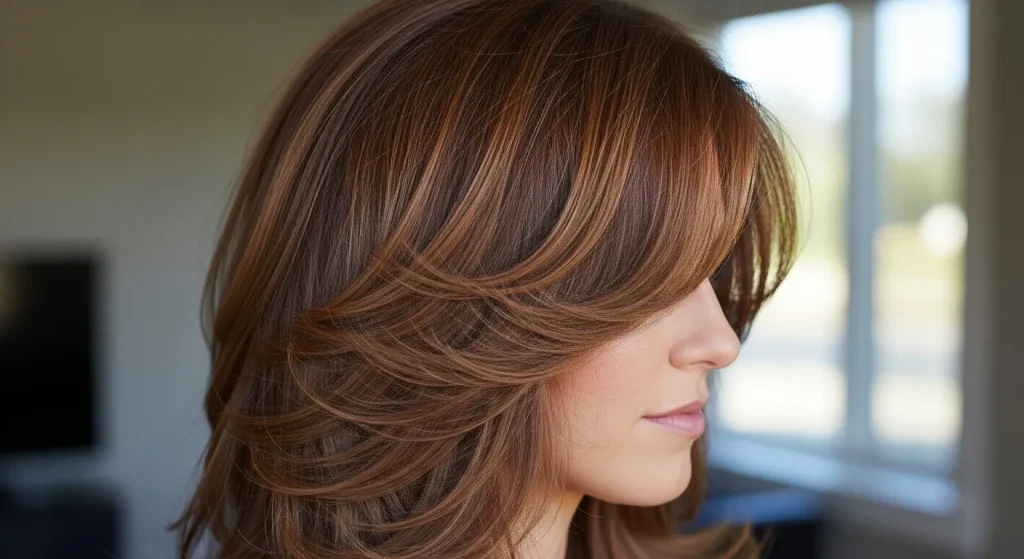
Layers in thick hair reduce heaviness and create balance. Starting at the temples or jawline, they add texture, movement, and manageability.
Choosing the Right Face Framing Layers for You
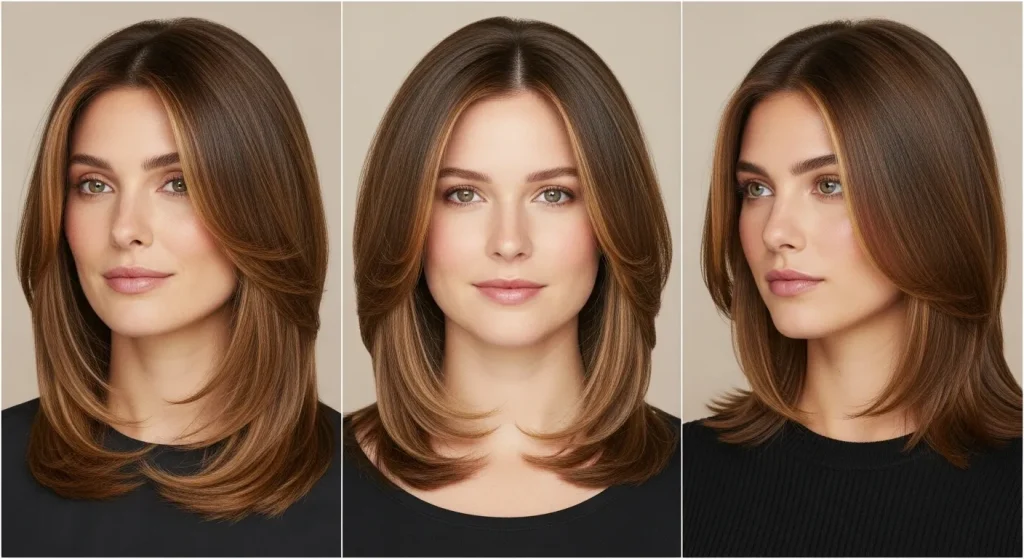
Consider Your Face Shape
Each shape oval, round, square, heart, or long requires a different layering strategy to enhance balance and highlight features.
Consider Your Hair Type
Straight, wavy, curly, fine, and thick hair each behave differently with layers. Understanding your natural texture ensures the most flattering result.
Consider Your Personal Style
Whether you prefer subtle sophistication or bold drama, face framing layers can adapt. Factor in your daily styling time and desired aesthetic.
The Process of Getting Face Framing Layers
Consultation
Your stylist assesses your face shape, hair type, and preferences. Communication ensures layers that suit your lifestyle and look.
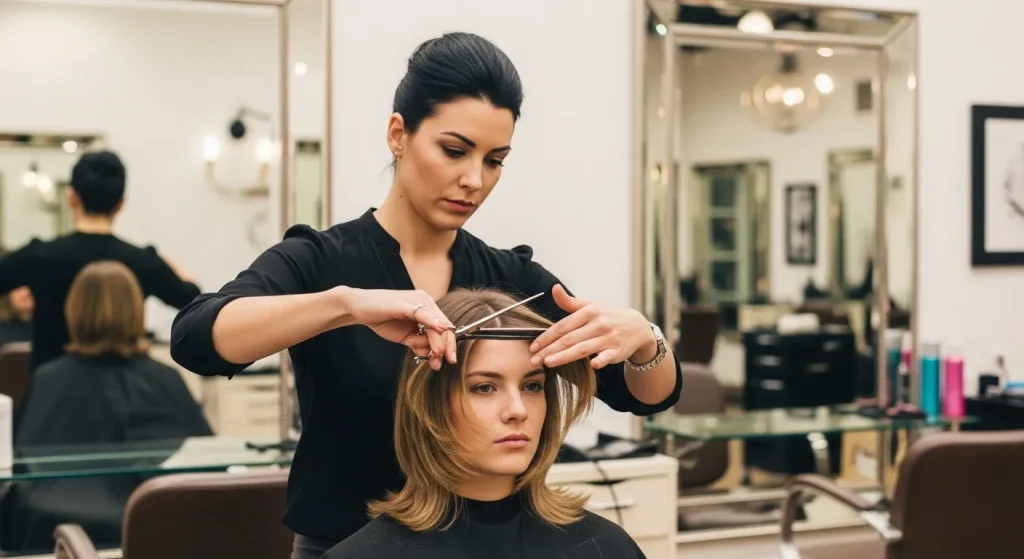
Cutting
Layers are carefully cut around the temples, jawline, or cheekbones, depending on your desired effect. Angles and length are customized for balance.
Styling
Your stylist will demonstrate how to style your new layers and recommend techniques or products for at-home maintenance.
Maintenance Tips for Face Framing Layers
Regular Trims
Get trims every 6-8 weeks to keep layers fresh and prevent split ends.
Proper Styling
Use styling products and tools suited to your hair type to maintain the look. Follow your stylist’s advice for best results.
Using the Right Products
Choose products designed for your hair type hydrating conditioners for dry hair, volumizers for fine hair, or frizz control for wavy/curly textures.
Touch-Ups
Depending on your growth rate, occasional touch-ups maintain the shape and definition of your face framing layers.
Conclusion
Face framing layers are a versatile and flattering hairstyle that can enhance natural beauty while suiting different face shapes and hair types. From adding softness to square jaws to balancing long faces, these layers are a personalized touch that elevates any haircut.
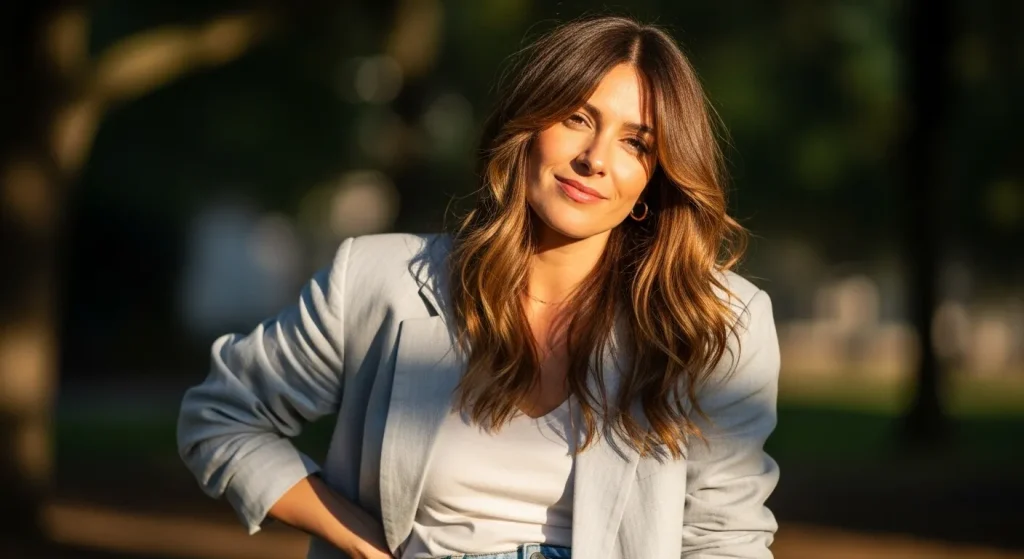
By considering your face shape, hair type, and style preferences and keeping up with regular maintenance you can enjoy a dynamic, confidence-boosting look.
So why wait? Consult your stylist today and discover how face framing layers can enhance your hairstyle and bring out your best features.
